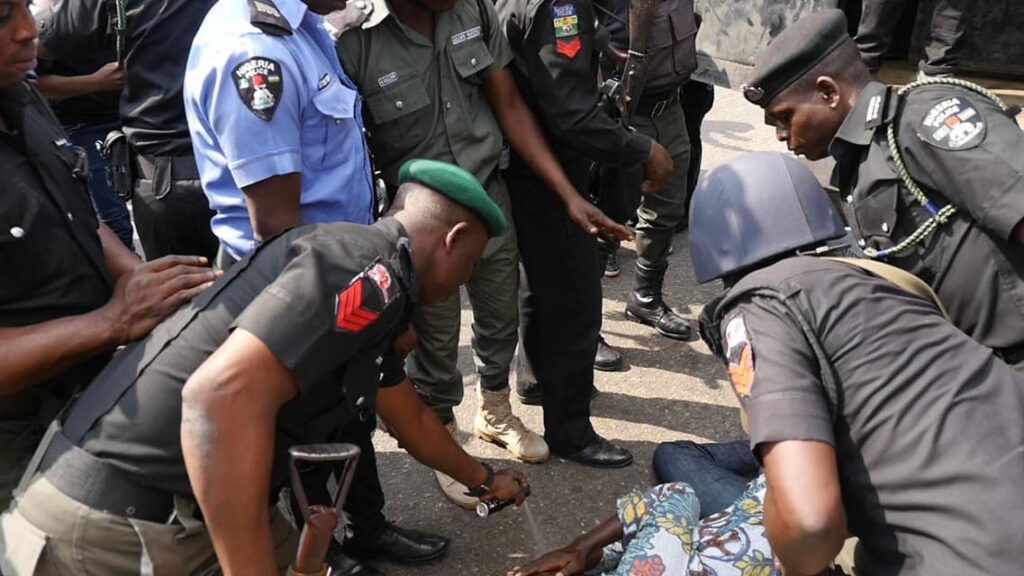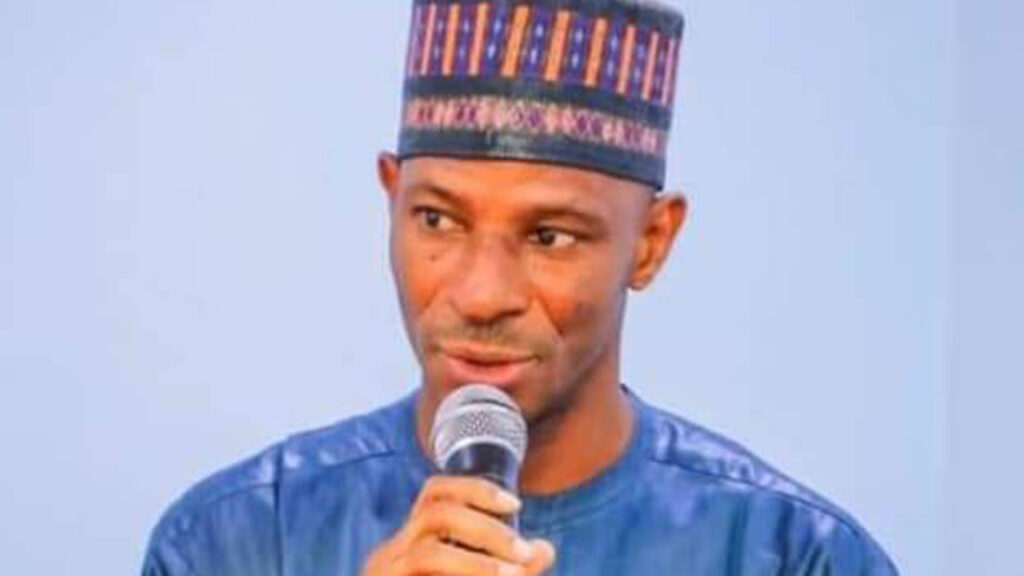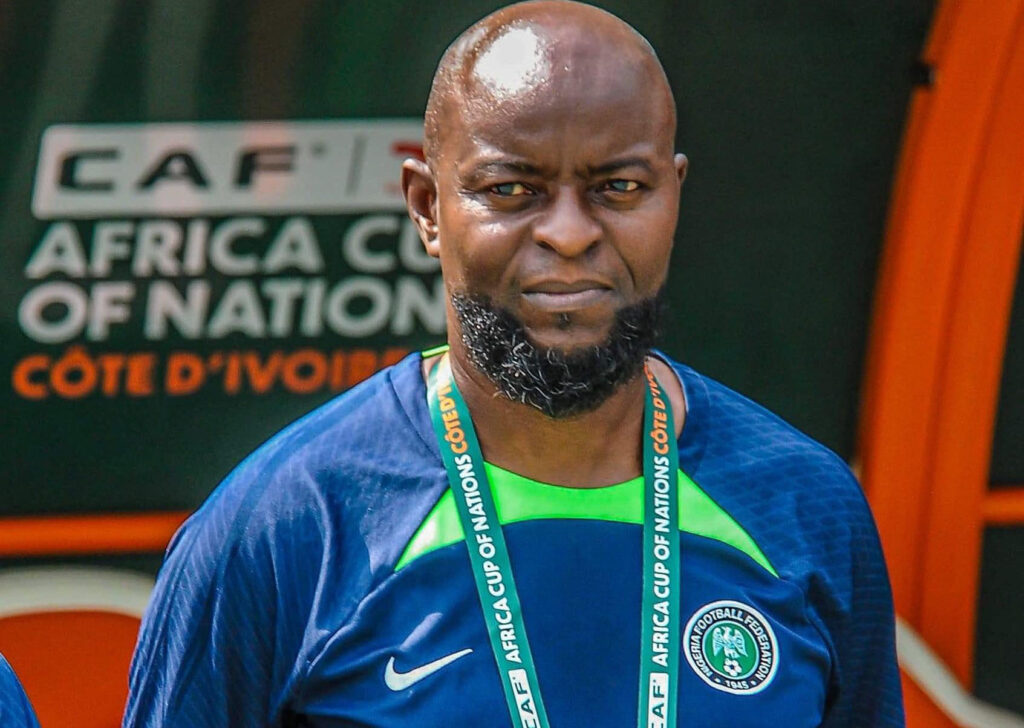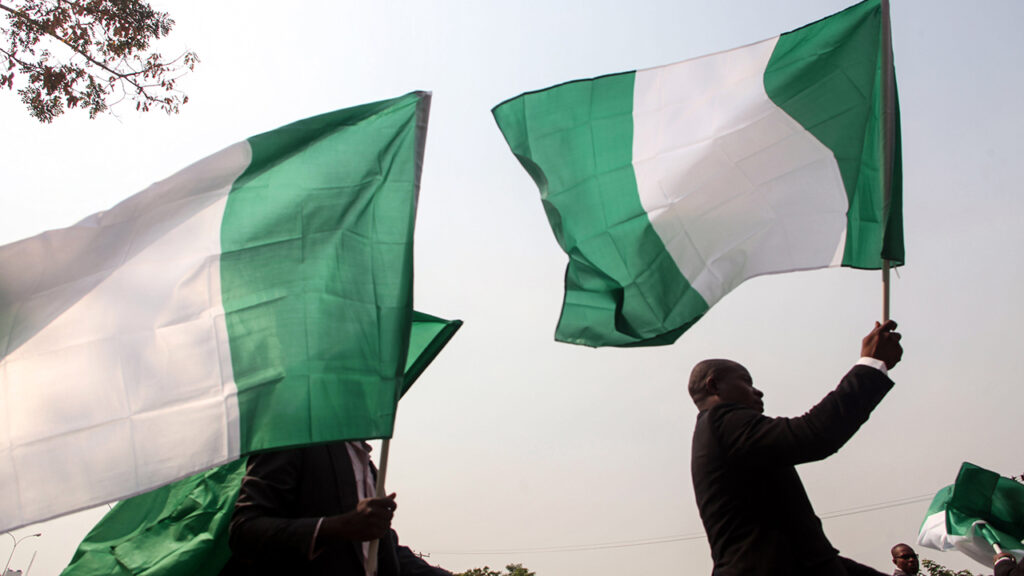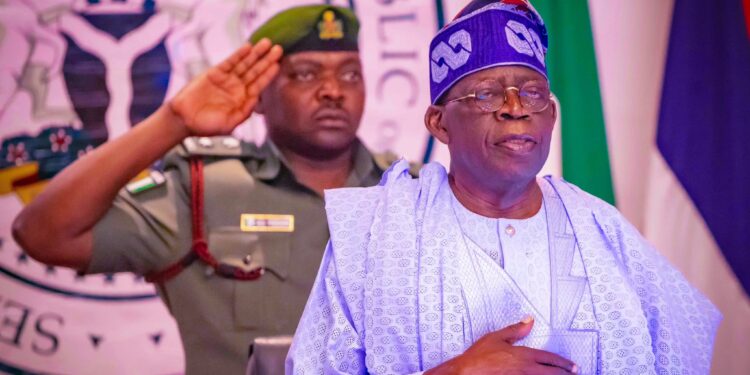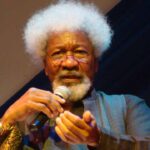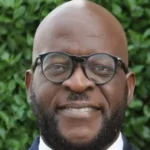
Lieutenant-General Oladipo Diya, who died last month after a brief illness, came to limelight as an ebullient, no-nonsense former military governor of Ogun State, and later gained fame as former Chief of General Staff and Vice Chairman of the Provisional Ruling Council during the infamous regime of General Sani Abacha. Notwithstanding his distinguished military career from sudden renown to controversial disengagement, Diya flourished as an influential public officer at a very volatile period in Nigeria’s political history.
Although he died quietly as a private citizen and community leader many years after he left public office, Diya, 79, will be remembered as a highly respected officer in the army who inadvertently found himself at the wrong side of Nigeria’s military politics. Reputed to be a fine soldier and disciplined gentleman, Diya was mired in controversy in the last years of his military career. Amongst other things, he was said to have breached military loyalty during the testy times of civil-military tension over the political leadership of Nigeria. The test before him were the alleged transition bid of Gen. Sani Abacha from a military head of state to a civilian president and the June 12 saga, when his fellow Yoruba kinsman, Moshood Kashimawo (MKO) Abiola, presumably won the presidential election conducted on June 12, 2003; an election later annulled before the official declaration of the winner.
As a military officer, Diya cut the image of a fearless officer, who despite the overbearing cultic unanimity operative in the military, was unafraid to be transgressive in his professional dealing with colleagues. Political pundits who have sought to make a hero of Diya argue that Diya was one of the few officers who sought to challenge the justiciability of continued military rule in many ways. He was said to have courted trouble when he challenged Gen, Abacha to make an unambiguous public pronouncement that he Abacha had no intention of succeeding himself. He also called, amongst others, for the June 12 crisis to be resolved and political prisoners including Abiola released, while Abacha’s alleged plan to eliminate some military officers be terminated.
However, counter-narratives from official quarters then posited otherwise. It was rumoured that Diya himself had an agenda to become the Head of State and operate a full military government, allegedly contrary to Abacha’s intention of handing over to Abiola. It was on this premise that a military tribunal sentenced him to death, but later commuted it to 25 years imprisonment.
Born on April 3, 1944 in Odogbolu, in present day Ogun State, Diya attended Yaba Methodist School, Lagos and Odogbolu Grammar School as a pioneer student from 1957 t0 1962. Diya started his military career when he joined the Nigerian Defence Academy and fought during the Nigerian civil war. Later on, he attended the United States Army School of Infantry, the Command and Staff College, Jaji and the National Institute for Policy and Strategic Studies, Kuru. Diya further studied law at Ahmadu Bello University, Zaria, where he obtained an LL.B degree, and then at the Nigerian Law School, where he was called to bar as Solicitor and Advocate of the Supreme Court of Nigeria.
Among his illustrious positions in the military, Diya was Commander 31, Airborne Brigade, military governor of Ogun State from January 1984 to August 1985, General Officer Commanding 82 Division, Nigeria Army in 1985, and Commandant, National War College (1991–1993). He was thereafter appointed Chief of General Staff in 1993 and Vice Chairman of the Provisional Ruling Council in 1994, a position he was holding when he was implicated in a botched coup d’ etat three years later.
Was there a coup or not? Did Abacha contemplate a self-succession plan or not? Did Diya have a plan to be military head of state or not? While the civil society could only have watched the goings on from their embattled position, it was perhaps the military who could answer these questions.
As a country smarting from the oddities of a controversy-laden election season, the partisan and ethnic sensibilities awakened by the aftermath of the elections put a test to the people’s commitment for national security. The path trodden by the likes of General Diya should be a guide to members of the security forces, especially the Nigerian Army. We believe that since those controversial episodes around Lt,-Gen, Oladipo Diya, the military has been sullied by the pestilence of ethnicity and religion. This tends to have been acerbated by senior military officers who pawn themselves as agents of selfish political motives.
The Nigerian military must therefore continue to reiterate the culture of non-partisanship in politics and discourage sentimental political attachments that put the military in disrepute. Politicians, on their part, should respect the expression of national character in the distribution of senior military officers for which the military is known. This is what brings confidence in the security machinery of the country.



